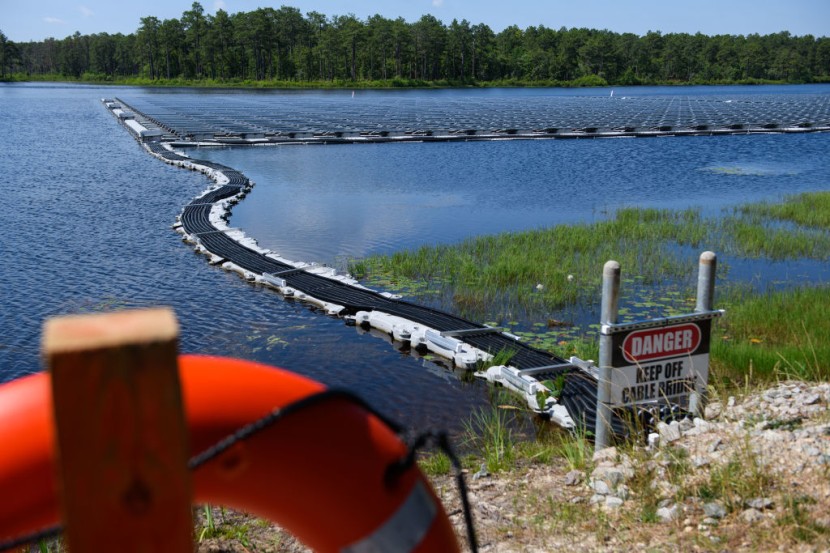The world's biggest tool company just launched the largest privately-funded onsite solar farm in Kentucky. Stanley Black & Decker brought the 4.3-megawatt (MW) solar farm online on 15 acres of land.
The solar project is producing enough clean energy to power the factory with 100 percent renewable energy. Additionally, it also provides excess energy back to the state, according to Electrek.
The project will deliver an annual energy savings of $400,000 and puts the company on track to achieve carbon neutrality by 2030.
Solar Farms Today
The solar industry is rapidly growing, with more and more companies and individuals investing in renewable energy. Solar farms are becoming increasingly popular, especially in areas with plenty of sunshine and large tracts of land.
Solar farms work by using photovoltaic (PV) panels to convert sunlight into electricity. The panels are mounted on racks or frames and placed in large fields or on rooftops. The electricity generated by the panels is then either used on-site or fed back into the grid for others to use.
Solar farms are a great way to reduce carbon emissions and combat climate change. They help to reduce our reliance on fossil fuels and create a cleaner, more sustainable energy future. Additionally, solar farms can also provide economic benefits to local communities, creating jobs and boosting local economies.
Read also: Aliens draining solar energy? NASA captures images of monster UFOs circling around the sun
More Companies Investing in Renewable Energy
As more and more companies like Stanley Black & Decker invest in renewable energy, the solar industry is set to continue to grow and play an increasingly important role in our energy mix.

In addition to reducing carbon emissions and promoting sustainability, solar farms also have the potential to improve energy security. Unlike fossil fuels, sunlight is a renewable resource that will never run out. This means that countries can become less reliant on imported oil or gas from unstable regions of the world.
Solar farms are also becoming more efficient as technology continues to advance. New materials, such as perovskite-based cells and bifacial panels, promise even greater efficiency gains in the future. And with increasing research into storage solutions like batteries or hydrogen fuel cells, solar power could soon provide reliable baseload power for entire cities.
The Challenges
However, there are some challenges associated with building solar farms too. One key issue is finding suitable locations for large-scale projects without disrupting local ecosystems or agriculture areas; this often requires careful planning and community consultation processes before construction begins.
Despite these challenges, it's clear that investing in renewable energy sources like solar has significant benefits both environmentally and economically over time - so it's no wonder why businesses like Stanley Black & Decker continue turning towards clean tech alternatives for their long-term strategy!
Related article: Perovskite Solar Cells Could Make Energy Conversion Cheaper, More Accessible
© 2026 HNGN, All rights reserved. Do not reproduce without permission.








